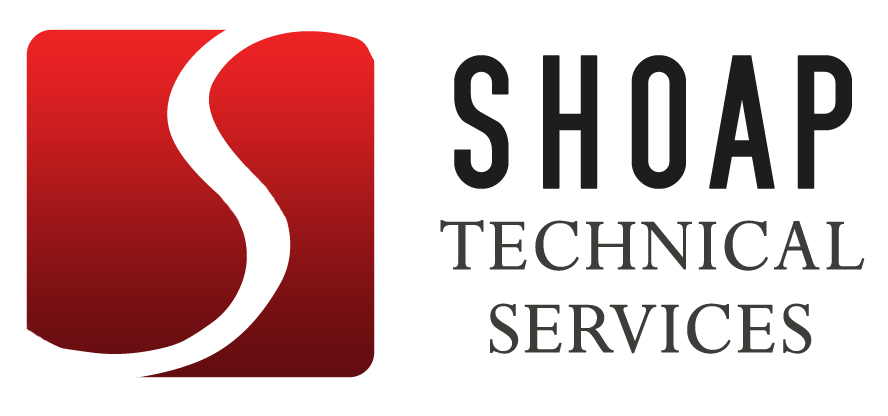2020 has been one big, scary, and unforgiving roller coaster. The kind of roller coaster that you wanted to ride all of 2019 that you thought would be exhilarating, but once you buckled in, you realized you made a horrible mistake. The Coronavirus (the highest point of this metaphorical 2020 roller coaster) has impacted a plethora of small and large businesses, and in many cases has unfortunately shut many of these businesses down for good.
For the businesses that survived the seemingly never-ending upside-down loops that this roller coaster of a year has thrown at them, we have to wonder how they have managed to get though all of these changes. What resources do companies need to use to overcome the obstacles that this pandemic has brought upon them?
As someone who works at a FinTech company that survived and flourished during this pandemic, one of the most useful tools for our team members unsurprisingly had everything to do with documentation. Our company uses a software solution that provides a knowledge base that allows our team members to securely share easily editable policy, product, and company information, and give us access to new information as it becomes available. The virus changed many company procedures that were commonplace pre-COVID, and access to updated documentation was vital in making sure we were all “on the same page” and giving customers the correct answers.
Correct, easy-to-use, and up-to-date documentation is essential for any business, pandemic or not. Documentation allows for effective communication between teams and customers. Fewer mistakes are made and less misinformation is spread when everyone is informed about the correct information. Less time is wasted trying to find answers for a specific problem, resulting in a more efficient overall work flow and better customer experiences.
As we approach the end of this 2020 ride, it would behoove any business owner or company to evaluate where their company stands, and to see how documentation could improve overall success for their company and how to avoid paying the price of admission for any rides in the future.
